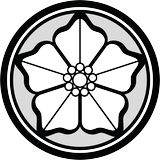Inspiration from the past, science of the future
JEANNE BARET
Jeanne Baret was born on 27 July 1740 in a small village in the La Comelle commune in Saône-et-Loire, where she later worked on the family farm. Her father died in 1762, leaving her orphaned and impoverished. She then started working as the nanny of the son of a famed French naturalist of the time, the widower Doctor Philibert Commerson, and fell head over heels in love with him.
Commerson, fascinated by Jeanne's intelligence and lucidity, began teaching her botanical science, even going so far as to entrust the preparation of the herbarium to her. And from then on, she developed a passion for this new discipline that was so fashionable at that time.
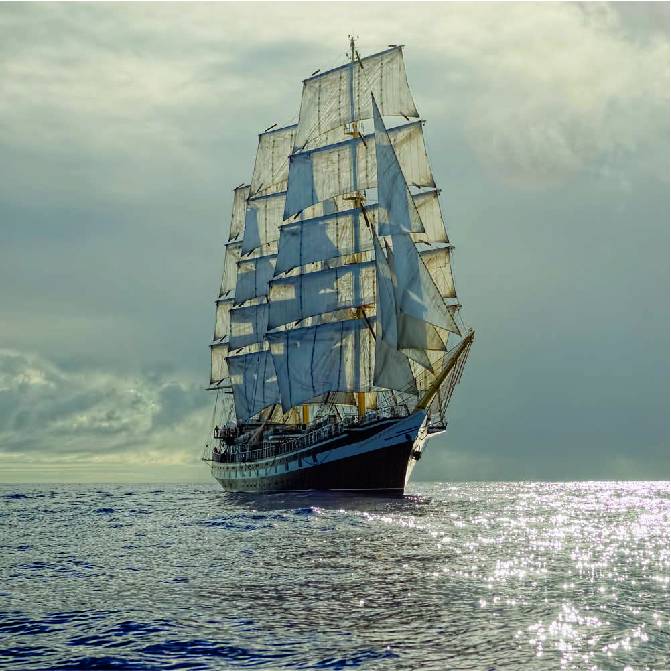
Unconditional love
In 1764, Commerson was appointed physician and botanist to King Louis XVI of France, and was chosen to accompany Louis Antoine de Bougainville, a French admiral and explorer, on a scientific expedition that set sail on 1 February 1767 from the port of Rochefort to circumnavigate the globe.
A royal order dating from 1689 prohibited the presence of all women on board his majesty's ships, but the love that Jean Baret and Commerson felt was so great that she decided to cross-dress as a man to accompany him as his assistant "Jean".
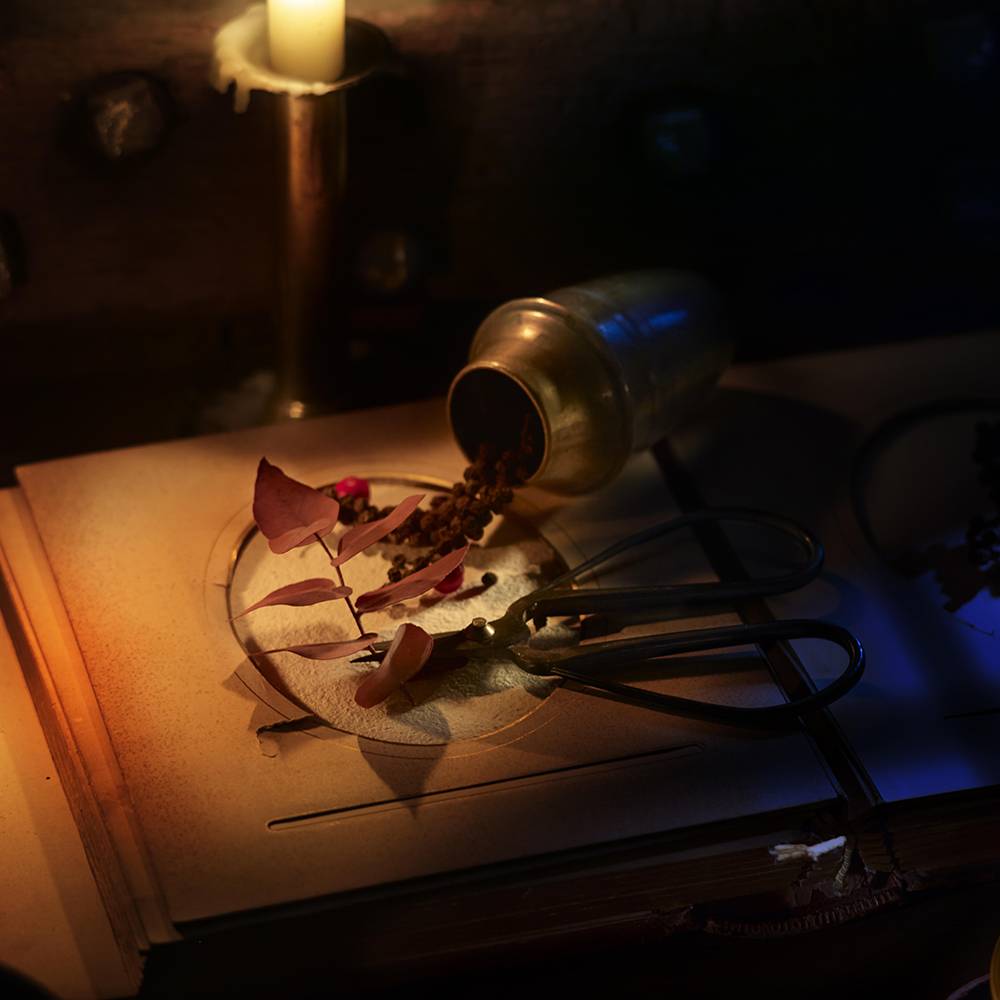
Scientific calling
During a three-year expedition around the world, Commerson and Baret collected numerous samples of plant species. With courage and dedication, she accompanied her beloved on excursions where she would sort and classify the collected specimens, selecting and accurately noting down each sample.
Later, due to Commerson's poor health, Jeanne followed in her master's footsteps and took over the job of travelling the huge distances required to collect specimens. In an act of great courage, she even crossed the frozen mountains of the Strait of Magellan to fulfil her mission.
The heroine
In the end, the suspicions of the crew that Jeanne Baret was actually a woman were confirmed upon arrival in Tahiti, when the natives in the area realised the deception. After being summoned by Captain Bouganville, she confessed everything and he wrote in his notes:
"She broke down in tears and admitted that she had deceived her master by turning up dressed as a man at the port of Rochefort at the time of embarkation. She knew that by joining the ship, she would go around the world, and that idea had piqued her curiosity. She is the only one of her sex and I admire her resoluteness, especially because she has always acted with the most scrupulous wisdom".
On 8 November 1768, in order to avoid a conviction by the kingdom of France, which could have led to the death penalty, Bouganville showed great leniency towards the couple by letting them disembark in Mauritius. Shortly afterwards, Commerson and Baret married and continued their research into the vegetation of the area until several years later, when - impoverished and in ill health - Commerson passed away on 13 March 1773 at the age of forty-five.
Lonely and without money, Jeanne had no choice but to work at an inn in order to survive, zealously conserving all the work done by the two of them over all that time. After a while, Jeanne met a French naval officer, Jean Dubernat, who she ended up marrying. Thanks to this marriage, the couple entered France in 1776, bringing an end to an incredible adventure that would make Jeanne Baret the first woman in history to circumnavigate the world.
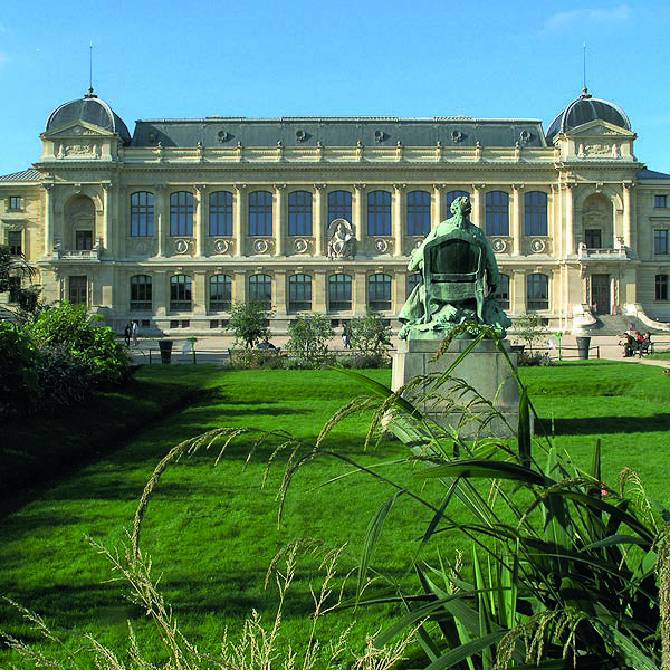
Acknowledgement
Upon her return, she scrupulously delivered all of Commerson's works to the King's Garden, now the National Museum of Natural History. These included more than thirty sealed boxes containing five thousand species of plants collected during her voyage around the world, of which three thousand were unknown in the field of botany.
On 13 November 1785, King Louis XVI recognised her merits and her work assisting Commerson. What's more, he congratulated Jeanne for her heroic behaviour and described her as an "extraordinary woman", paying tribute to her and granting her a lifelong pension for having saved her works "with the greatest of courage."
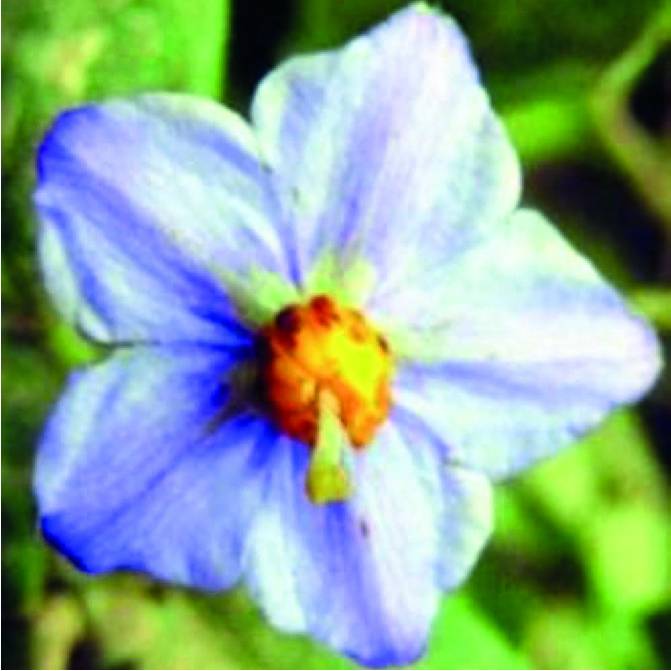
Legacy
Jeanne Baret passed away on 5 August 1807, at the age of sixty-seven. She risked her life for true love, both for her travelling companion and for botany, and despite the difficulties, she kept a material of great value to science.
For many years, the feat of Jeanne Baret and her contribution to botanical science wasn't recognised as it should have been, until a contemporary researcher paid homage to her by christening one of his most recent discoveries with the pioneer's surname, the "Solanum Baretiae" flower, which inspire our brand's logo.
